I once knew a monster who said she could not read Proust because there were no figures in Proust with whom she could identify…
Theodore W. Adorno, ‘Aesthetics’ (1958-59)
Getting an audience to identify themselves in a work – ‘being seen’ – is one of the only reasons why art is commissioned, celebrated or even allowed to exist today. In other words, the 21st century world belongs to Adorno’s monster: we just live in it.
The 20th century’s definition of art, as expressed by another Frankfurt School philosopher Herbert Marcuse, where ‘art is committed to that perception of the world which alienates individuals from their functional existence and performance in society—it is committed to an emancipation of sensibility’, is dead.
Art has been put to work. It must be useful, and seen to be useful; it must put its shoulder to the wheel of individual, regional or national self-improvement.
The ugly word for this ugly idea is instrumentalisation – one of many ugly things that came of age in Britain during the Blair years. This was the era in which Labour forced arts institutions to justify increased subsidies by finding spurious evidence of their social good. Art had to foster ‘community cohesion’ and fight crime. Some councils went so far as to claim, with a completely straight face, that art could reduce coronary heart disease. The principles of Soviet art were sophisticated by comparison.
A quarter of a century on, economic and social justifications for art are the only justifications in town. So there’s something absurd about the convulsions over the Arts Council’s recent edicts. Their reallocation of funds to the rest of the country, their forced resettlement of English National Opera to beyond the M25 (though now pushed back to 2029), is not, as some would have it, the consequence of the Tories’ non-existent ‘levelling-up agenda’. It’s the inevitable logical conclusion of turning art from something that has a value in and of itself into a social Band-Aid.
The problem for most arts commentators who now throw their hands up in theatrical horror is that they were the very ones who laid the foundations for this intellectual shift, and spent decades asserting the dosh should be divvied up across the country more fairly. The Arts Council have just finally called their bluff.
Once you entertain the idea that art can be an elixir for society’s ills – that it can help fix social breakdown, improve mental health – then how can you argue against breaking up London’s cultural monopoly? How can you think that moving a major institution to the North wouldn’t be a good idea? How can the BBC even contemplate retaining groups such as the BBC Singers, dedicated to the most esoteric and socially useless repertoire?
Conductor Simon Rattle recently said all this was an attack on classical music. It isn’t. It’s an attack on the autonomy of art, the erosion of which began in earnest under Chris Smith, who everyone in the industry considers a saint. Of course, once you’ve given up on the idea that art can have its own value, it does mean that the arts less able to legibly signal political or social statements such as classical music are screwed.
The result of all this has been further convulsions. Classical music’s oldest tradition, that of prophesying its own end – welcome back, old friend! Missed you – has returned. And desperate times are leading to desperate measures. Some, like the Aurora Orchestra, have tried to show they matter more than ever by completely selling out. Their recent ‘immersive’ gig, in which Beethoven was going to be ‘exploded’, contained homeopathic levels of Beethoven. Lazily conducted, horribly amplified, the musicians stupidly spread out over a club in East London, and playing from memory: this was Beethoven as Instagram filter. Yet you could see the audience – 24-carat Southbank – all mentally patting themselves on the back as they thought of themselves securing the future of classical music, blind to the fact that they were in fact colluding in its evisceration. Elsewhere, we recently had ‘Europe’s first LGBT concert’. Come again? John Cage, Annea Lockwood, Julius Eastman, Pauline Oliveros, Wendy Carlos, Cecil Taylor, Virgil Thomson, Nina Simone, Peter Maxwell Davies, Lou Harrison, Vivier, Henze, Henry Cowell, Tippett, Britten, Copland, Poulenc, Hahn, Tchaikovsky, Saint-Saëns, Schubert, Lully, Corelli: they want a word.
The Faustian pact that arts institutions have made – more money in return for becoming socially constructive – is backfiring hideously as the money dries up. And we’ve only got ourselves to blame. We’ve squandered art’s true legitimacy – its ability to set fire to our insides. And for what? Now, when we need to rally people to the defence of the arts, we no longer even know how, or why.
In this climate of intellectual bankruptcy and smallness, the arts and the Arts Council deserve each other. Only once art recovers its arrogance, its bigness, will it regain respect. Only once we re-embrace the majestic, magnificent uselessness of art will the world once again realise just how magnificently useful it is.
Got something to add? Join the discussion and comment below.
Get 10 issues for just $10
Subscribe to The Spectator Australia today for the next 10 magazine issues, plus full online access, for just $10.


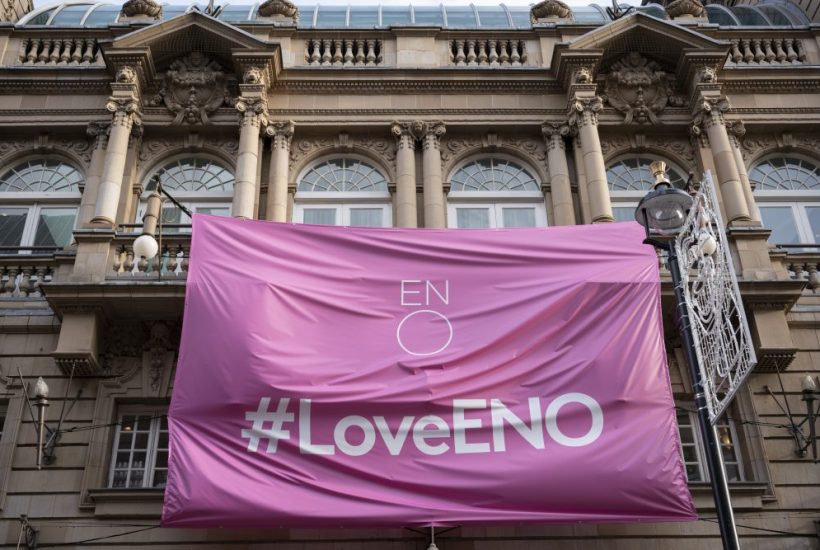
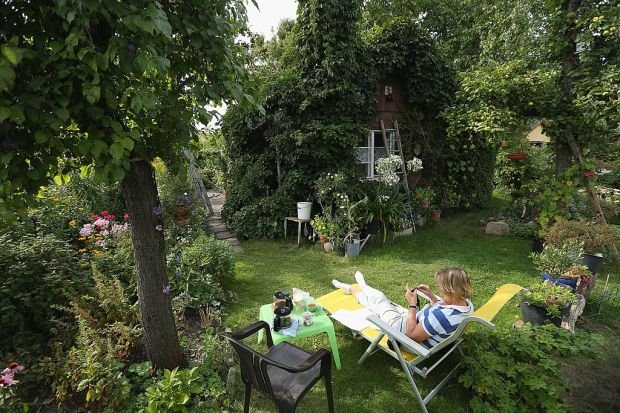

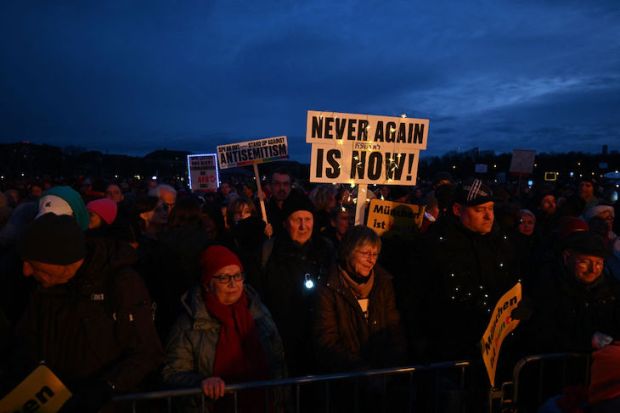

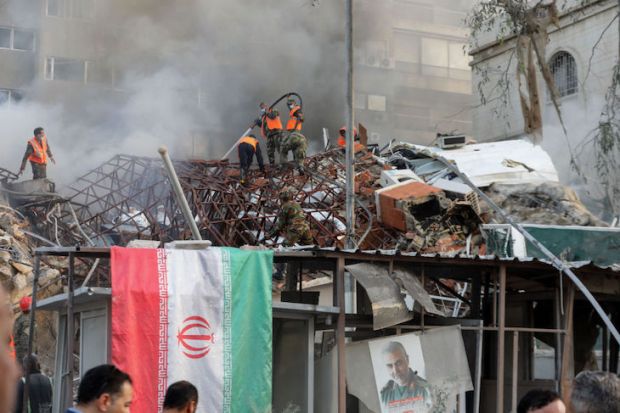
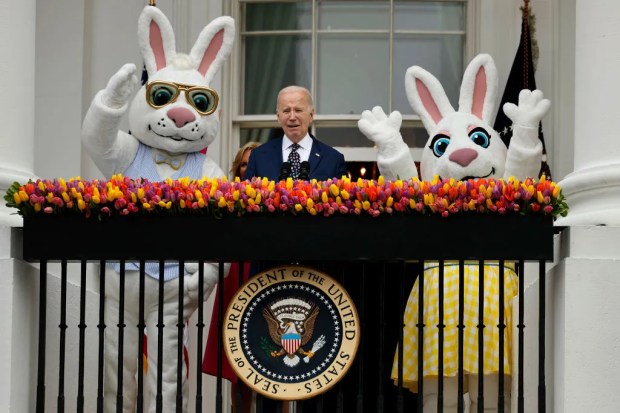












Comments
Don't miss out
Join the conversation with other Spectator Australia readers. Subscribe to leave a comment.
SUBSCRIBEAlready a subscriber? Log in